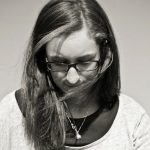
Markéta Preininger is principal investigator of the project Corpus of Coptic Magical Formularies. From 2018 to 2023 she was a research fellow on the project The Coptic Magical Papyri: Vernacular Religion in Late Roman and Early Islamic Egypt. Within the framework of the SCIENTIA Scholarship for women in academia, 2023-2024, Markéta worked on her project Invisible Influences on Health: Health and ‘Spirit’ World in Late Antique Egypt. Markéta defended her PhD thesis in 2022 at the Egyptology Department at the University of Würzburg on the topic of the body in the Coptic magical corpus. She formerly studied at the Charles University in Prague, where she obtained her Bachelor and Master degrees at the Institute of Philosophy and Religious Studies. She has also been an exchange student at the Eberhard Karls Universität in Tübingen, as well as at the École Pratique des Hautes Études (EPHE) in Paris. Markéta is interested in vernacular religion and magic, as well as the understanding of the body and emotions in Ancient Egypt, Greece and in Late Antiquity in general.
Markéta’s page on academia.edu

Korshi Dosoo is a researcher at the French National Centre for Scientific Research (CNRS), within the UMR 8167 Orient et Méditerranée. He is a former principal investigator of the project Corpus of Coptic Magical Formularies, and current external collaborator. From 2018 to 2023 he was the team leader of the project The Coptic Magical Papyri: Vernacular Religion in Late Roman and Early Islamic Egypt, of which the Corpus of Coptic Magical Formularies is the successor. Formerly ATER (lecturer) at the University of Strasbourg and post-doctoral researcher on the Labex RESMED project Les mots de la paix. His PhD thesis, Rituals of Apparition on the Theban Magical Library was completed in 2015 at Macquarie University, Australia. His research focuses on magic and lived religion in Roman, Late Antique, and early Islamic Egypt.
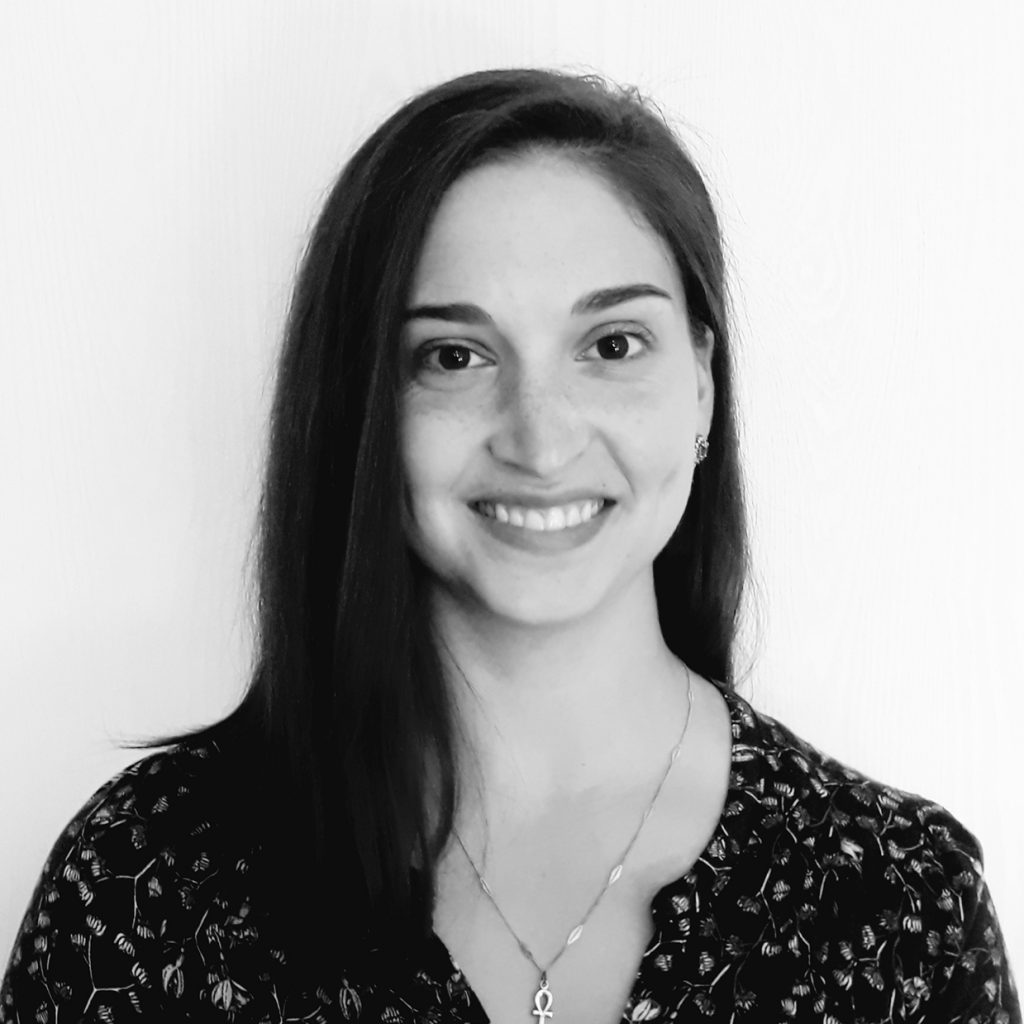
Roxanne Bélanger Sarrazin is a Junior Fellow at the DFG Centre for Advanced Studies MagEIA, at Julius-Maximilians-Universität Würzburg. Her work there focuses on Coptic medical-magical texts and the Greek and Arabic loanwords within their “vocabulary of healing”. From 2018 to 2023, she contributed to the project The Coptic Magical Papyri: Vernacular Religion in Late Roman and Early Islamic Egypt, and is now a collaborator to the project Corpus of Coptic Magical Formularies (CoMaF). She is also a member of the Philae Temple Graffiti Project (PTGP), funded by the Social Sciences and Humanities Research Council of Canada (SSHRC), which aims to study the figural graffiti from one of the most spectacular temple complexes of Egypt, Philae. From 2021 to 2024, she was a postdoctoral researcher at the University of Oslo with the ERC-funded project APOCRYPHA – Storyworlds in Transition: Coptic Apocrypha in Changing Contexts in the Byzantine and Early Islamic Periods. Within this project, she worked on the relationship between Coptic apocrypha, magic, and liturgical practices. Roxanne has a Ph.D. in Religious Studies and in Languages, Literatures, and Translation Studies from the University of Ottawa (Canada) and the Université libre de Bruxelles (ULB, Belgium). The revised version of her dissertation (Les divinités gréco-égyptiennes dans les textes magiques coptes: Une étude du syncrétisme religieux en Égypte tardo-antique et médiévale) will be published shortly by Peeters in the collection Orientalia Lovaniensia Analecta.
Roxanne’s page on academia.edu
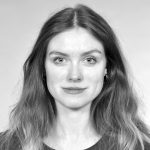
Sophie-Charlotte Helena Gissat is the research assistant of the project Corpus of Coptic Magical Formularies. Since 2022, she has served as a student assistant at the Göttingen Academy of Sciences and Humanities, contributing to the Digital Edition and Critical Evaluation of the Coptic Holy Week Lectionary project, and, since 2024, to the Complete Digital Edition and Translation of the Coptic Sahidic Old Testament project. Additionally, since 2021, she has held the position of Coptic language tutor at the University of Göttingen, where she also earned her bachelor’s degree in 2020. Sophie’s research interests center on magic, ritual practices, iconography, and archaeology across diverse cultures, with a particular emphasis on Coptic, Ancient Egyptian, and Aztec cultures, as well as other Indigenous cultures of the Americas.
Sophie-Charlotte’s page on academia.edu
Contributors
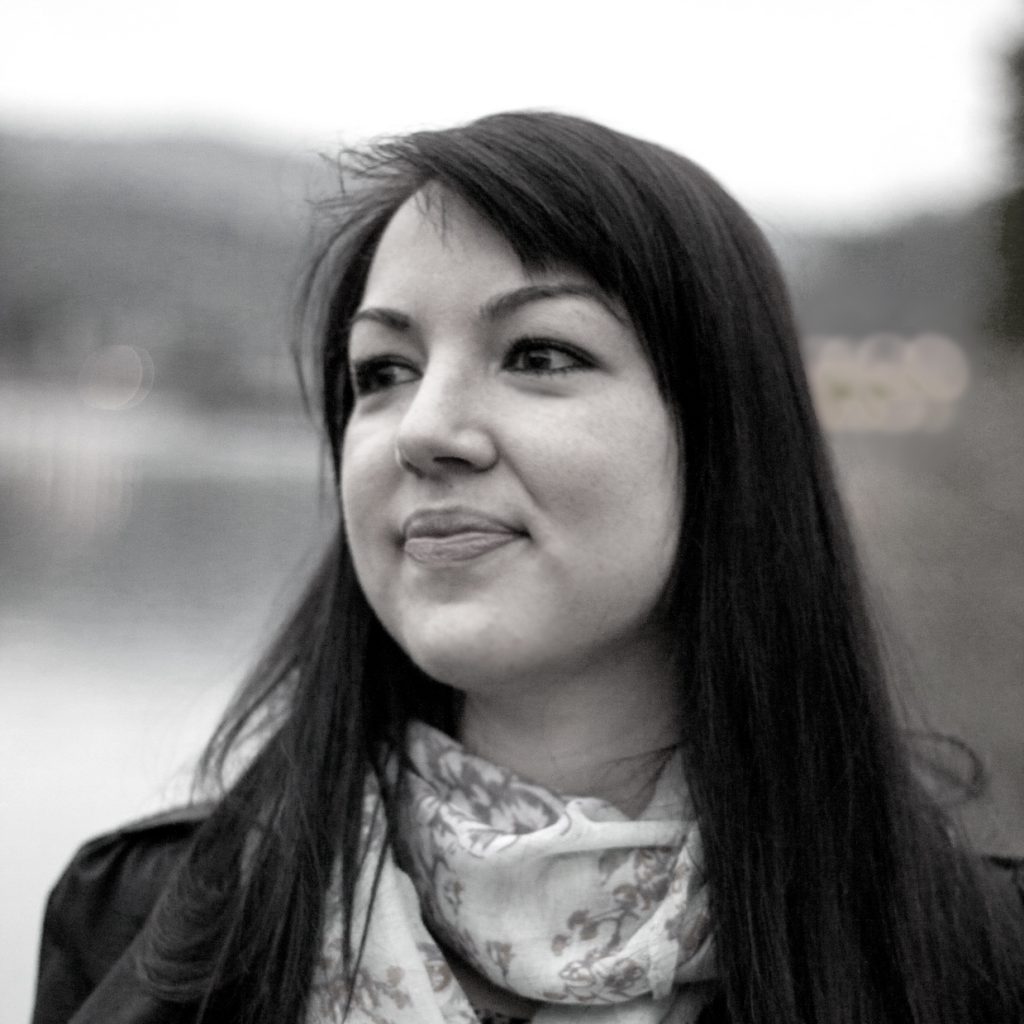
Krisztina Hevesi, as a DAAD scholarship holder, works on her PhD thesis within the framework of the Berlin Graduate School of Ancient Studies at the Freie Universität Berlin. Her work aims to trace scribal traditions in Coptic magical texts and to analyse the transmission of different formulae and practices that were retained, transformed or assimilated into the religious context of Christianity. In this research, her approach is based on Coptic magical archives with special regards to the scribal milieu in which the texts were brought to life and transmitted. She intends to focus on the significance of magical handbooks, master texts and the activity of magical libraries as well as the scribal education that lay behind the production of the manuscripts, and examine the question of continuity and discontinuity of scribal practices through the study of historiolae, phrases, voces magicae and ritual acts included in Coptic manuscripts. The corpus primarily consists of the texts of the Coptic magical archive from the Ägyptisches Museum und Papyrussammlung of Berlin, published and unpublished manuscripts from the Bibliothèque nationale et universitaire de Strasbourg as well as magical texts from the Papyrussammlung des Instituts für Papyrologie in Heidelberg. As a contributor to the Coptic Magical Papyri project, Krisztina is providing her expertise as an adviser on the database, and contributing her work on unpublished texts.
Krisztina’s page on academia.edu
Krisztina’s profile in the Berlin Graduate School of Ancient Studies

Aaron Riedl, research master student of the program Ancient, Medieval, and Renaissance Studies at Utrecht University, is conducting the digitisation of Dr. Celia Sánchez Natalías’ collection of 535 curse tablets stemming from the western Roman territories, the Sylloge of Defixiones from the Roman West (2022). This project is organized within the framework of a Research Master Apprenticeship, kindly enabled by Dr. Ortal-Paz Saar of Utrecht University – in whose course Digital Humanities (February-April, 2025) he, together with two student colleagues, coincidentally envisioned the same curse tablet digitisation project. Aaron’s research interests, amongst others, include Graeco-Roman religion and magic, social, military, and political history, materiality, associations (collegia), slavery, non-elite literacy, as well as Pompeii and its inhabitants’ graffiti. In his 2024 cachelor’s thesis, Pompeian Graffiti Written by Workers, Slaves, and Women: A Case Study on Spatially Contextualized Subaltern Agency (78 B.C. – A.D. 79), he analysed about 100 graffiti from Pompeii authored by slaves, women, and workers, elucidating their variegated, fascinating messages inscribed upon the walls of the ancient city. His Master’s thesis, a work in progress, primarily aims to analyse Dr. Sánchez Natalías’ Sylloge, specifically those curse tablets whose producers or commissioners sought to bring about the death of the target(s) via magical means.
Aaron’s page on academia.edu
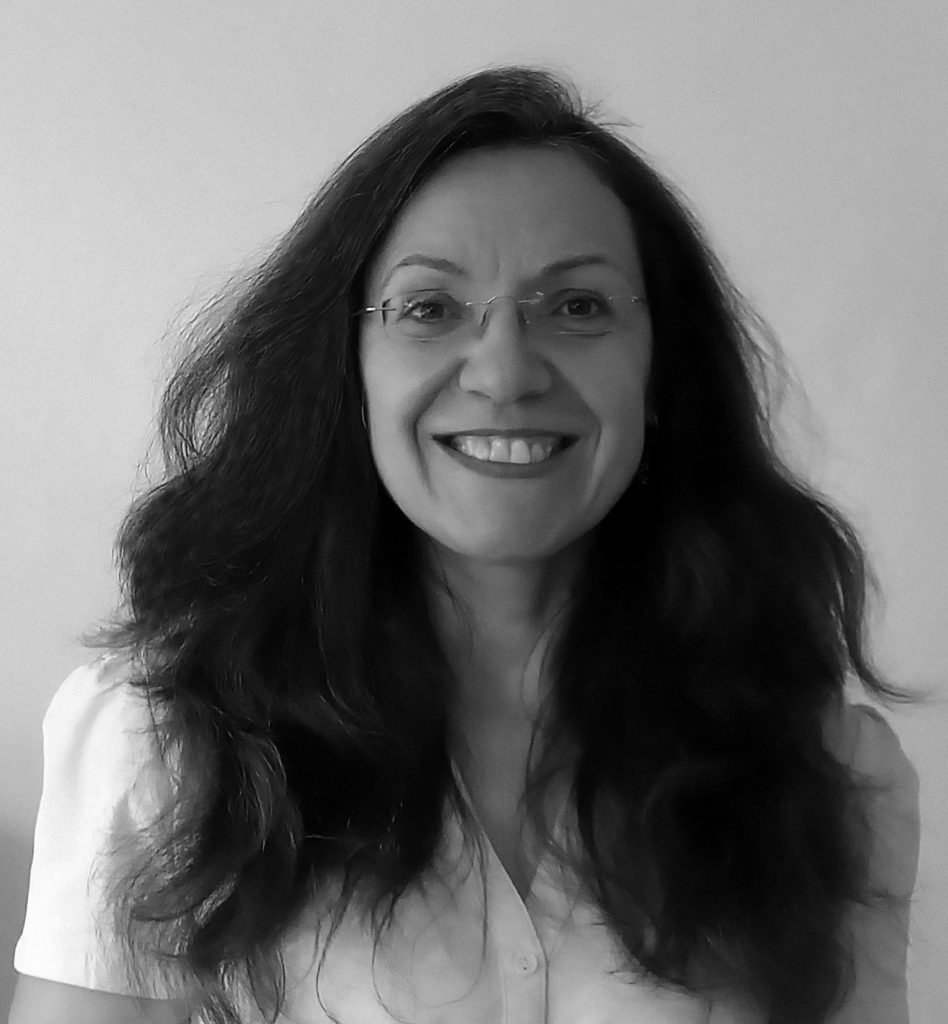
Ortal-Paz Saar (Utrecht University, Netherlands) is a cultural historian focusing on Judaic Studies, particularly during Late Antiquity and the Middle Ages. Her research encompasses magic and rituals as well as funerary culture. Questions of identity and relations between Jews and non-Jews are prominent in her publications. Ortal-Paz is active in the field of digital humanities and directs an international project on Jewish funerary culture called the PEACE portal. As a collaborator, Ortal-Paz advises on the integration of Jewish texts into the Kyprianos database, including data from the Prosopographic Database of Magical Bowls that she produced.
Ortal-Paz’s page on academia.edu
Ortal-Paz’s university homepage
